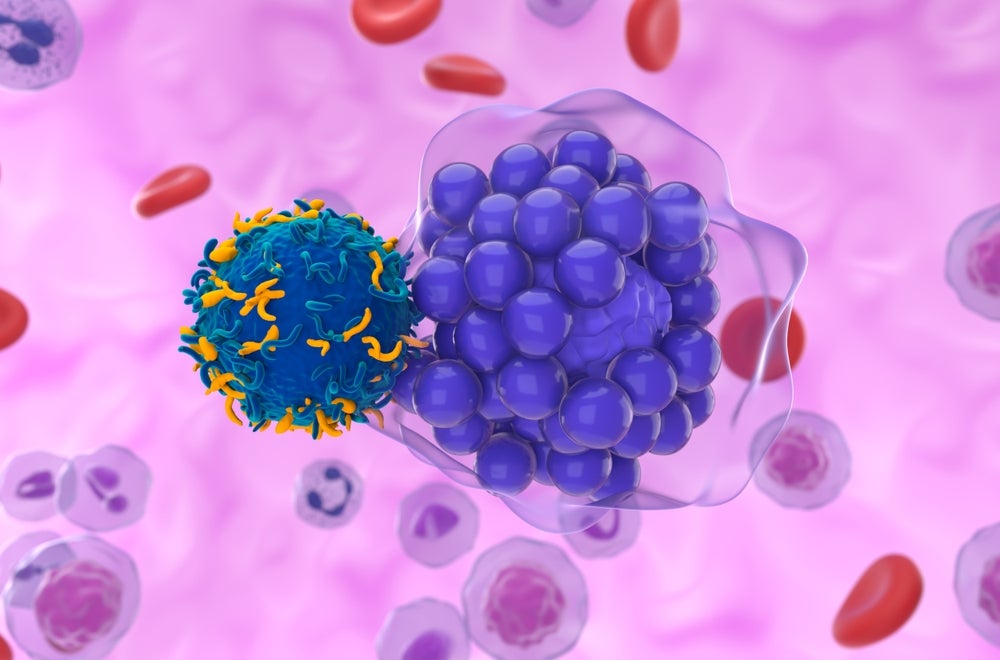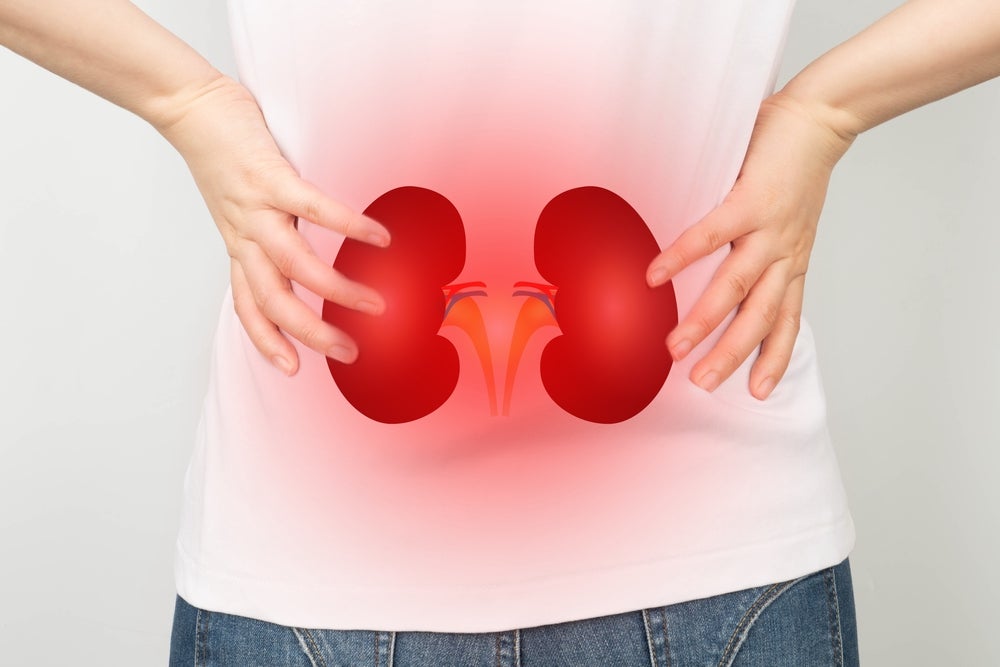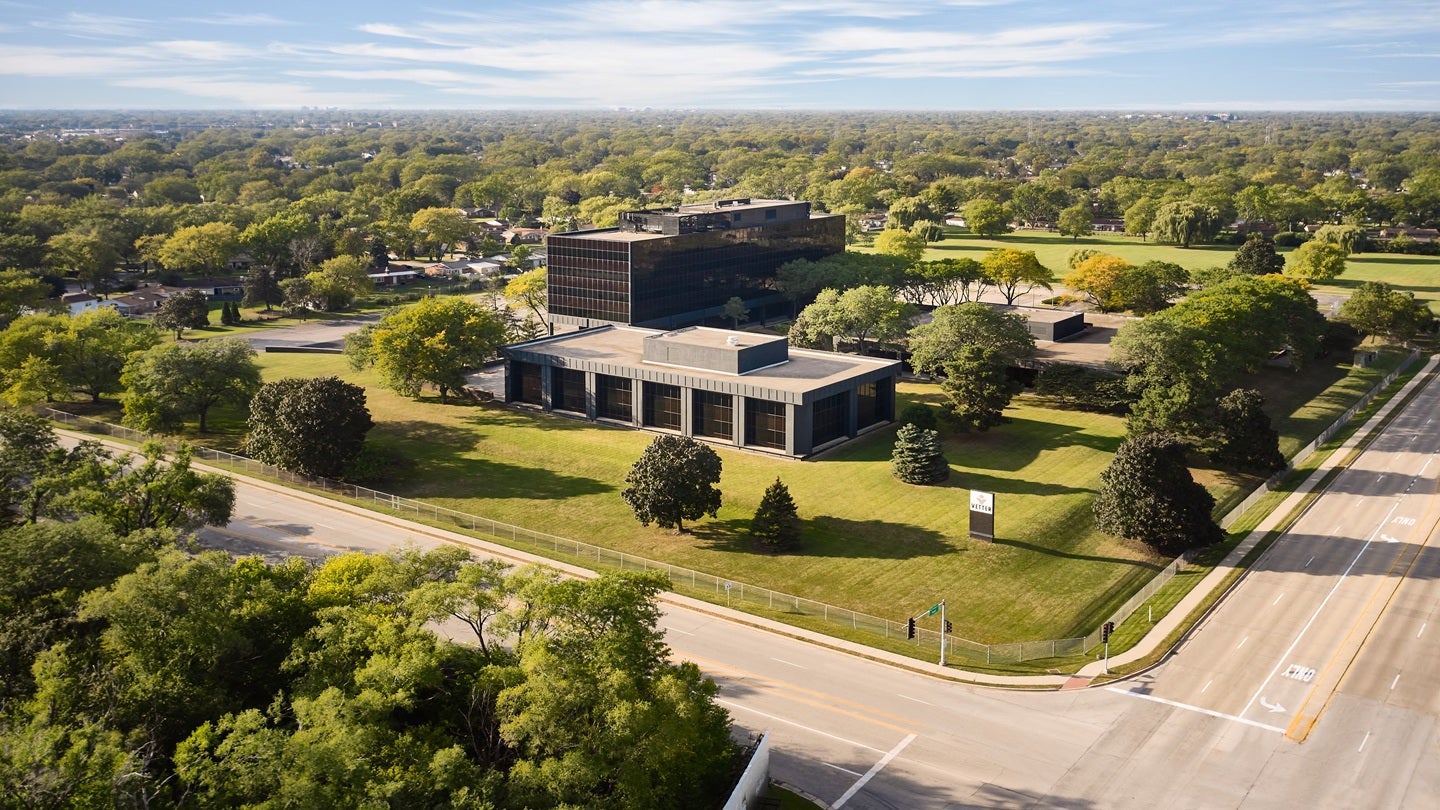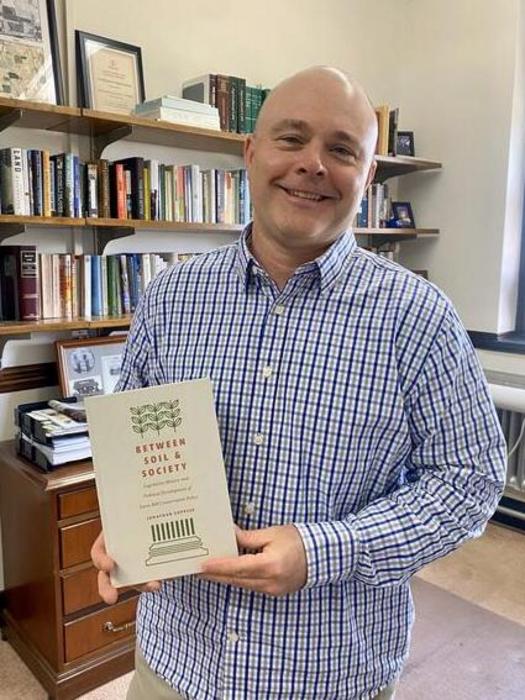New pilot app supports Missouri farmers’ participation in climate-smart agriculture programs
Missouri is home to 95,000 farms — the second highest number of farms per state in the country. Farming is a way of life for people here, one that is increasingly threatened by the effects of a changing climate. Now more than ever, reforming the ways farmers practice their craft is vital for survival. Earlier this year, […]

Missouri is home to 95,000 farms — the second highest number of farms per state in the country. Farming is a way of life for people here, one that is increasingly threatened by the effects of a changing climate. Now more than ever, reforming the ways farmers practice their craft is vital for survival. Earlier this year, MU implemented the $25 million, statewide Missouri CRCL Project — funding that more than half of is going directly to farmers in the form of eight tailored incentive payments to support the adoption of climate-smart practices.

Credit: Photo by Abbie Lankitus
Missouri is home to 95,000 farms — the second highest number of farms per state in the country. Farming is a way of life for people here, one that is increasingly threatened by the effects of a changing climate. Now more than ever, reforming the ways farmers practice their craft is vital for survival. Earlier this year, MU implemented the $25 million, statewide Missouri CRCL Project — funding that more than half of is going directly to farmers in the form of eight tailored incentive payments to support the adoption of climate-smart practices.
As part of the distribution of funds, the Missouri CRCL Project launched an app designed to expand the access to incentive payments for a diverse range of Missouri producers. Now, supported by a $650,000 National Institute of Food and Agriculture (NIFA) award from the Department of Agriculture, University of Missouri farm specialist Kelly Wilson and her team are working to refine the app to make it accessible, inclusive and user-friendly to as diverse a range of Missouri farmers as possible.
“Our hope is that having an easily accessible digital application will encourage farmers to apply — and be accepted for — incentive programs online,” said Wilson, the associate director of MU’s Center for Regenerative Agriculture. “I’m thrilled to help facilitate the distribution of this funding to as many of Missouri’s farmers as possible so they can adjust to the changing climate while keeping their profits up. With so many farmers across the state, adopting practices like cover crops and regenerative grazing is paramount to successful future yields.”
Kelly Wilson
Spreading the wealth
Oftentimes, farmers had to work a more complicated process to successfully complete the applications for these cost-share programs. Wilson and her team hope the new app, developed by digital agricultural technology firm FarmRaise, will educate farmers about the programs available to them, including the Missouri CRCL project’s incentives as well as other state and federal support programs.
The app, which launched in the summer of 2023, will aid in distributing approximately $18 million to Missouri farmers who adopt climate-smart practices, including:
- Soy-Rye and diverse cover crops
- Restorative grazing
- Silvopasture (integrating trees and livestock)
- Nutrient management and 4R approach (a framework to achieving goals for cropping systems.)
Wilson is also leading the Climate-Smart Fieldscapes Program, which is designed for small and underserved farmers.
“Often for small producers, applying for a per-acre payment doesn’t make sense,” said Wilson, who is also an assistant professor in the College of Agriculture, Food and Natural Resources. “Instead, the Climate-Smart Fieldscapes Program will offer three-year contracts where the producers put in place three or more climate-smart practices on one area with the goal of seeing a combined effect to maximizing soil carbon while keep productivity up — and they’ll get $10,000 over that time period.”
While the app is still in its infancy, it has already seen success. In its first open period, Wilson and her team received 400 applicants. As the app is refined, they hope these numbers climb and the programs become accessible to a greater diversity of Missouri farmers.
“We need to figure out ways to mitigate the effects of extreme weather and climate change,” Wilson said. “These practices are becoming increasingly necessary to adapt to the weather, keep up productivity and maintain our livelihoods, of course, while not eroding our soil base, which is an essential component of farming.”
Editor’s note: Kelly Wilson has a joint appointment with the College of Agriculture, Food and Natural Resources and MU Extension.
What's Your Reaction?

































